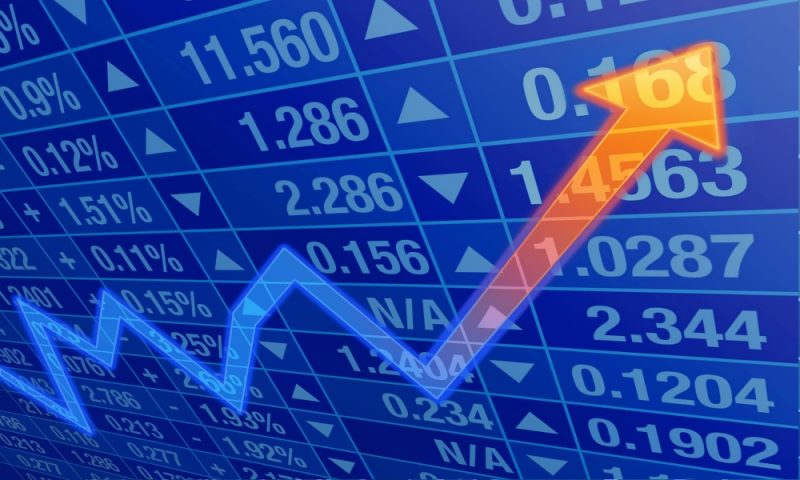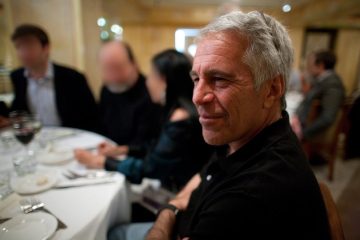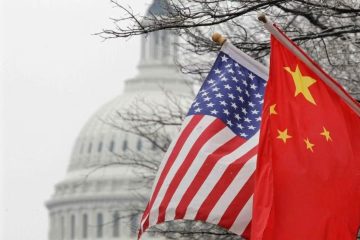It’s been three weeks since British voters shocked the world and voted to leave the EU. After a two-day Brexit freakout, the stock market pretty much returned to business as usual—and beyond. The S&P 500 hit record highs four straight days this week, its longest streak since November 2014, before retreating slightly on Friday.
Even the gruesome news from Nice, France—where 84 people were killed and more than 200 injured when a truck rammed into a crowded festival—seemed to have little impact on the financial markets Friday. Indeed, Herbalife’s hlf settlement with the FTC and Wells Fargo’s wfc lackluster results were more top of mind for U.S. traders.
Here are three reasons why the market has surged, even though the world seems to be coming apart at the seams:
- Money Is Cheap:
Not everything comes down to the Fed, but easy money promotes speculation. If traders can borrow for (almost) nothing, they’re more willing take a flyer on some high-beta stocks like Ocean Power Technologies optt that might provide a huge payoff. Add that easy money to quantitative easing programs by global central banks and you get a steep drop in bond yields. That, in turn, makes stocks look relatively attractive to institutional investors. Finally, access to cheap capital allows corporations to borrow money to buy back stock, which reduces the supply of stock available and improves earnings per share, albeit artificially. After companies bought back about $ 161.4 billion of stock in the first quarter, outstanding shares in the S&P 500 are on track for the first yearly decline since 2011, the WSJ reports, citing data from S&P Dow Jones Indices. - People are Emotional, Markets are Not:
I don’t believe markets are particularly rational or efficient, but the impact of terrorism on financial markets has steadily waned in the years since the Sept. 11 attacks on New York City. It may be callous to say, but we’ve all become a bit numbed to terror attacks after London (2005)…Spain (2014)…Paris (2015)…Brussels (2016). - The World Isn’t Ending:
While there’s plenty to worry about—including global terrorism, uncertainty over what Brexit really means, anxiety over how U.S. election plays out, and much more—the global economy is expanding, albeit slowly, and the U.S. looks pretty good relative to other developed economies. (Insert “best looking horse in the glue factory” joke here.) And despite legitimate concerns about anti-globalization forces being on the rise here and abroad, the volume of global trade is expected to rise 2.6% this year after climbing 2.8% in 2015.
An old Wall Street saying also helps explain why stocks have fared well despite all the negative headlines: The market climbs a wall of worry.
You should be more worried about the stock market when “everyone” is bullish and the conventional wisdom says buying stocks (or real estate or any other asset) is a “no brainer.” That is certainly not the case today: UBS says wealthy investors are holding on to record levels of cash and 84% believe the election will have a significant impact on their financial health, Reuters reports.
Other sentiment indicators tell a similar tale: The American Association of Individual Investors Sentiment Survey has been above 30% bullish in consecutive weeks only two times since November.
Other signs of worry include gold’s more than 25% increase in 2016, and investors’ willingness to buy bonds with negative rates. Germany sold 10-year bunds at negative rates for the first time ever this week and the there is now about $ 13 trillion of global debt with negative yields, the WSJ reports, citing data from Bank of America Merrill Lynch. That’s up from $ 11 trillion before the Brexit vote.
Having argued that it’s too soon to say the Brexit risks have passed, I’m not trying to be a pollyanna about the risks to owning stocks here. But it does seem like it’s going to take a lot more than a few scary headlines to knock the market down, at least for very long.











